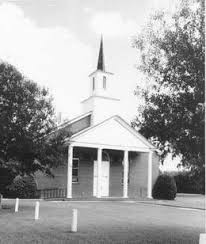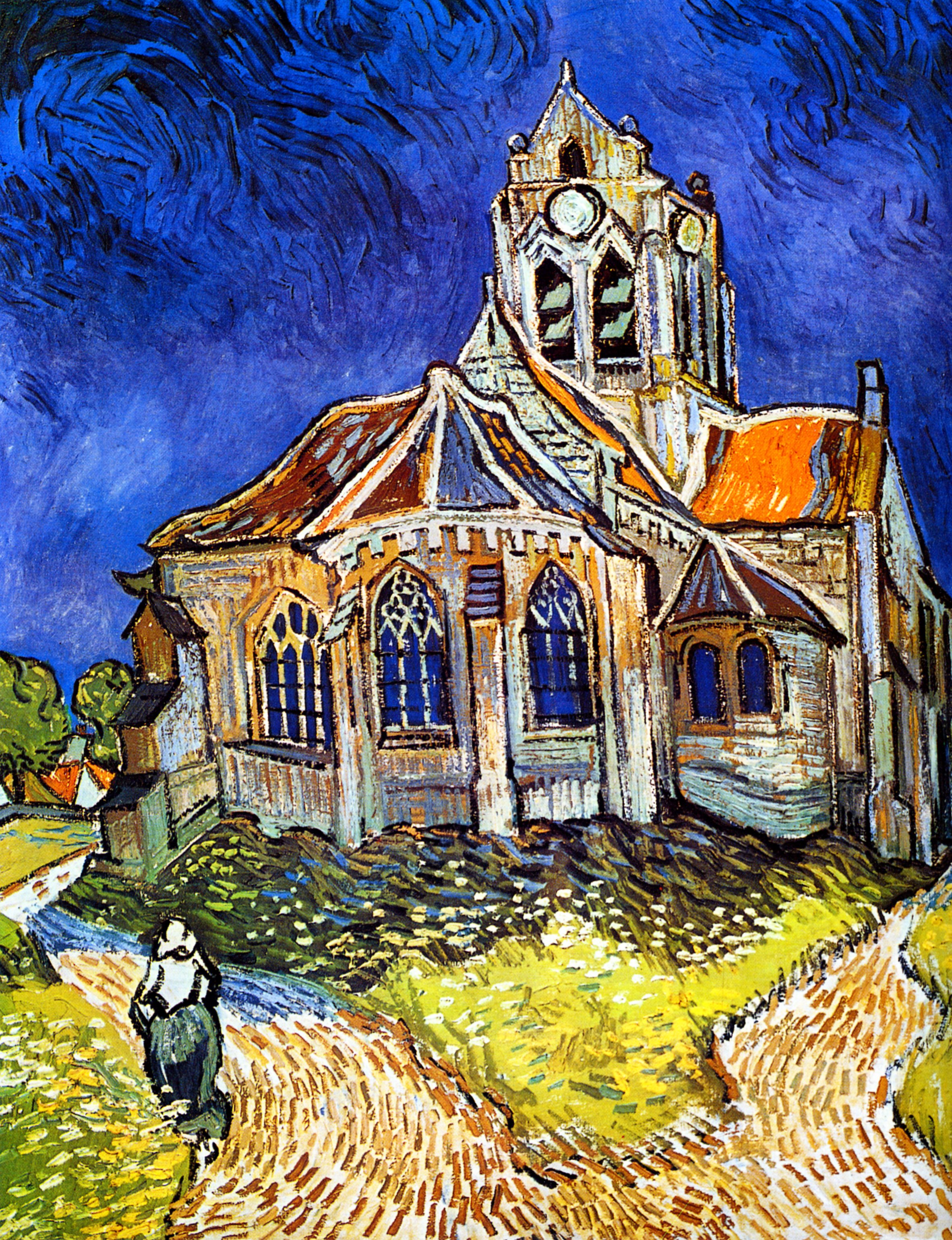Dry Rot in the Soul…
I was hauling my boat to the lake to meet up with my family. It was just me, pulling the boat up the interstate. About an hour into the trip, I felt a jerk. I look at my rear-view mirrors and saw my boat trailer leaning to the right. Flat tire.
I should say shredded tire. I pulled over to the emergency lane, put on my flashers, and got out to inspect the damage. The tire had simply come apart. I didn’t understand it. I had checked the air pressure before I left and greased the bearings. But these things happen.
Because of my recent knee surgery, I decided to call for assistance. When the man said it would be an hour and half, I decided I could tough it out and change it myself. This was not the smartest idea I had ever had. But I got the trailer jacked up, the lug nuts loosened, and unbolted the spare. Traffic flying by at 80 mph is motivation to work quickly and pray hard. I had to dig out underneath the axle to fit the spare onto the hub. Good thing I carry a shovel.
Once the tire was changed, I knew not to venture too far without a spare. I Googled for a tire shop at the next exit (thank you, God, for smart phones), and picked up a new spare. Back on the road.
I was about forty miles further down the road, when I felt the trailer jerk again. I looked up and sure enough, another flat on the trailer. On the right side again! The spare, which had plenty of tread, had blown. When I got the truck and trailer stopped, and ventured out to examine the tire, it was shredded, just like the first one. Was the right side of my trailer cursed?
I Googled tire stores in the next little town, mindful it was twenty minutes till five. I explained the situation, and the man said he could send someone right out and bring me another tire. The service man arrived pretty quick, and he had the new spare, bought 40 miles ago, on the trailer in no time (every job is easy if you have the right tools). Then he popped another new spare on the rim of the shredded tire.
I knew this man knew more about tires than I did. I asked him, “What made this tire shred like this?” I figured whatever caused it, probably caused the last one too. He smiled because this was not his first rodeo. He said, “You see this a lot on boat trailers. People don’t use their boat very much in the winter, then they take it out on a long haul. When you don’t use it, dry rot sets in. You probably didn’t notice the small cracks or the tread being brittle. When a dry rot tire hits the road, it disintegrates like this, because of the pressure and the heat. Your spare probably had dry rot too.”
His words made me wonder about dry rot of the soul. Your soul is the sum of your life: your decisions, your thoughts, your feelings, your body, and your relationships. I think dry rot of the soul happens when you don’t use your soul. Being self-centered is the first sign of soul dry rot.
I wonder how many Christians have soul dry rot. If faith is something a person does not nurture or cultivate, but only calls on in a crisis, is that why people have a faith blow out? Maybe their faith has not been used enough. I do not know this for sure, but I think some people who lose their faith have let it sit, unused. The compound that holds faith together has broken down, like a tire.
I know going to church (or watching online these days) is not the same as having a relationship with God, but it is one small way to take your soul out for a spin. Obeying nudges from the Holy Spirit to do acts of kindness, or to speak words of witness, or to speak for those who cannot speak can keep your faith fresh. If you really want to keep your faith well exercised, try serving the least of these.
In these days, I’ve thought a lot about our nation. We seem to be going through a national spasm, fed by fears of COVID, financial pressure, and an awaking to the racism that still exists in our country. I remember 1968, which also felt like a spasm in our history. These spasm years feel like – well, like a boat trailer jerking and swaying and telling you it is time to get into the emergency lane.
A nation has a soul, just like a person. Collectively we make decisions, share thoughts and feelings, and have relationships based on being Americans. Our nation is a body that expresses its will through our government. We don’t seem to care about truth or compassion anymore. We assumed that our Judeo-Christian ethic could be taken for granted, that everyone would respect each other and make an effort to get along. It’s not happening. It takes effort to get along. I think our national self-centeredness has caused dry rot to set in.
Someone asked me the other day if I thought the turmoil of 2020 was a sign of the end times. I wish I had thought to say, “I’m not sure, but it may be a sign of a dry rotted soul.”












